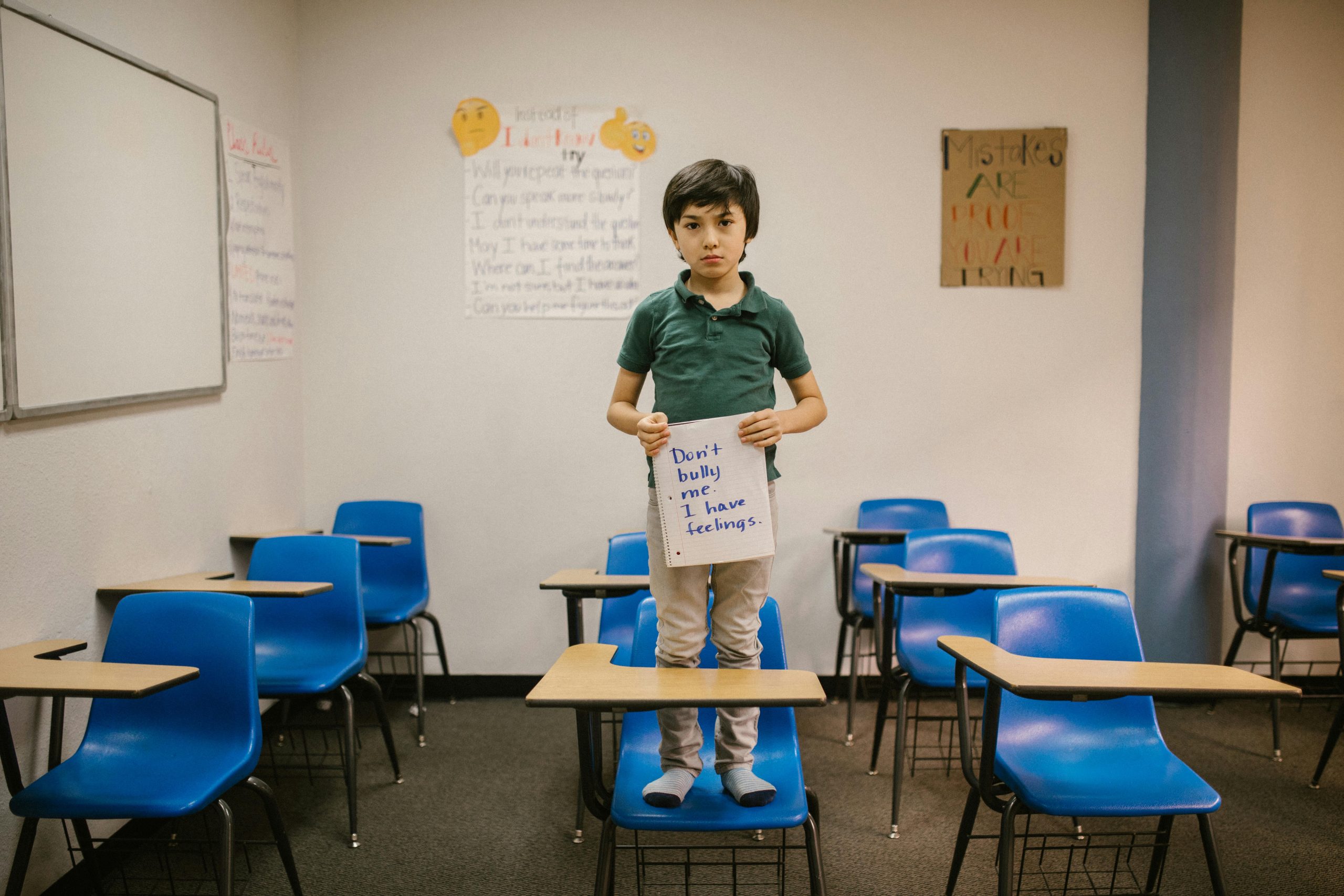Navigating Class Dynamics: A Personal Perspective
As I sit in class, I often find myself puzzled by the attitudes of many of my peers. It’s as if some have never truly left high school. They seem to thrive on the idea of superiority, constantly searching for reasons to mock others while presenting themselves as untouchable elites. What’s particularly troubling is their tendency to go to great lengths to belittle fellow students—taking candid photos from social media without approval solely to share and humiliate.
One incident stands out in my mind. I confronted a group that was gossiping about a classmate, only to be labeled a “snake” and nearly ousted from our group chat. While I acknowledge the classmate in question had her issues, I couldn’t help but feel that their behavior was no better. More recently, I overheard them criticizing our professor for showing signs of nervousness during a lecture, even stooping to name-calling. It’s disheartening to witness such cruelty, especially when I’ve opened up about my own struggles with anxiety, yet they continue to deride me instead of showing understanding.
Surprisingly, many of these individuals still manage to excel academically. However, when it comes to group work, I often find myself excluded because my classmates fear that I might “steal” their grades. It’s frustrating, especially as I’ve lent my support to many of them in the past without expecting anything in return, yet there’s rarely any acknowledgment or appreciation.
It seems that they regard anyone who acts authentically as a threat to their facade-driven environment. Yes, I come from a STEM background, but that doesn’t divide us as people. There are moments when I feel overwhelmed, questioning my own sensitivity and emotional responses. I truly don’t want to come across as bitter, as I know I’m far from perfect myself. Still, it feels necessary to express these thoughts and experiences.
Ultimately, I know I need to keep my head down and focus on my own journey. Maintaining a level of emotional distance might be my best bet in order to navigate through this challenging environment. Here’s to hoping for brighter days ahead!

It sounds like you’re dealing with a particularly challenging social environment, and your feelings of frustration and disappointment are completely valid. Navigating relationships with peers, especially in an academic setting, can sometimes bring out the worst in people. Here are a few insights and strategies that may help you process this situation and perhaps find ways to improve your overall experience.
Understanding the Dynamics
Group Psychology: Often, in group settings, individuals may feel the need to conform to certain social norms, even if they lead to unkind behavior. This can stem from a desire for acceptance or from a belief that acting in a certain way makes them appear superior. Recognizing that their behavior might be more a reflection of their insecurities than of your worth can help you distance yourself emotionally.
Insecurity in High-Pressure Environments: Academic pressures can exacerbate competitive and negative behaviors. Many students cope with stress through humor or derision, which unfortunately can manifest as bullying. Understanding this can help you find compassion, although it doesn’t excuse their actions.
Practical Advice
Establish Boundaries: It’s crucial to protect your mental well-being. Consider setting boundaries with classmates who are consistently negative or unkind. This might mean limiting your interactions with them or being selective about whom you engage with in group projects.
Seek Supportive Peers: Evaluate your surroundings and seek out classmates who share your values of empathy and respect. Forming relationships with those who uplift rather than demean can create a supportive atmosphere that counters the negativity.
Focus on Personal Growth: Continue to focus on your academics and personal development. Engaging in activities that align with your interests, whether they are academic clubs, sports, or volunteer opportunities, can help you connect with like-minded individuals. Your passion and dedication will shine through and attract others who appreciate those qualities.
Communicate Effectively: If you feel comfortable, consider having open conversations with your classmates about the impact of their behavior. Sometimes, people are unaware of how their actions affect others. A respectful dialogue can sometimes lead to positive changes in group dynamics. However, tread lightly, as not everyone may be receptive.
Practice Self-care: Remember to take care of yourself during this stressful time. Engage in activities that help you unwind, whether it’s exercise, meditation, or simply spending time in nature. Journaling your experiences and feelings can also provide a therapeutic outlet.
Professional Guidance: If the situation weighs heavily on you, don’t hesitate to seek support from a counselor or therapist. Talking to a professional can provide you with coping strategies and help you process these experiences in a safe environment.
Finding the Silver Lining
While the environment may seem toxic now, remember that you are not alone, and many individuals face similar issues. Keep your focus on your goals and personal values rather than getting caught up in their drama. The skills you develop while navigating these social challenges—like resilience, empathy, and clear communication—will be invaluable throughout your life.
In the end, your capacity for kindness and authenticity will serve you far better than the fleeting approval of those who prioritize mockery over respect. Keep striving to live as your true self, and distance yourself from those who don’t appreciate that. You’re laying the groundwork for a future where you’ll interact with individuals who respect and value you for who you are.